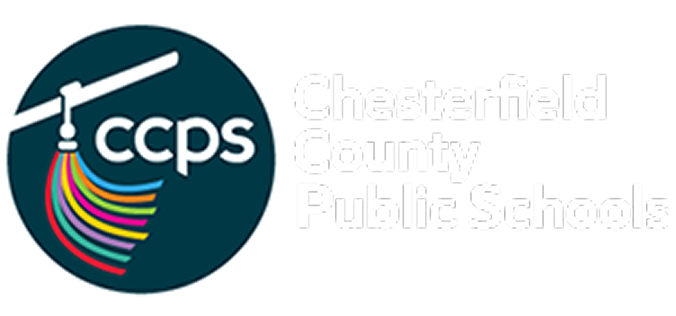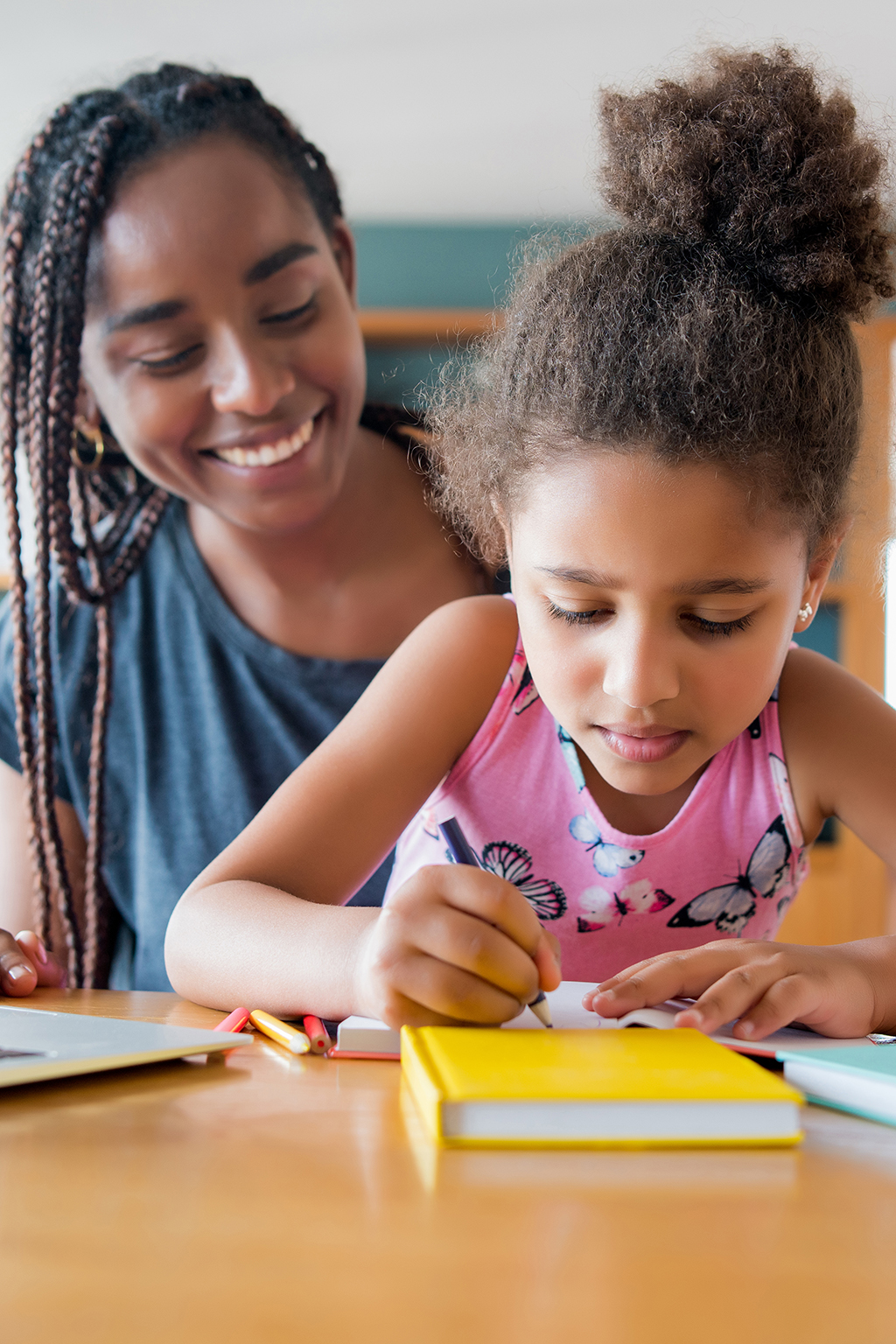
Homeschooling
In Virginia, a child must attend school in compliance with the state compulsory attendance law. This means they must begin attending school when the child has reached their fifth birthday on or before Sept. 30 and has not passed their eighteenth birthday.
Home instruction (also referred to as homeschooling) is one alternative to school attendance.
Parents may provide home instruction following requirements as stated in § 22.1-254.1 of the Code of Virginia.
Visit the VDOE website on home instruction for more details about guidelines and requirements. A CCPS home instruction specialist is available to help with the necessary steps to legally provide home instruction.
A parent or guardian who elects to provide home instruction must notify the superintendent’s designee of this intention annually by Aug. 15. A parent who moves into Chesterfield County or begins home instruction after the beginning of the school year must provide notification as soon as practicable and comply within 30 days.
Other options for parents
Virginia Certified Tutor option to provide home instruction under §22.1-254(A) of the Code of Virginia: Under the certified tutor option, parents do not file a Notice of Intent
Notification should be in the form of a letter indicating that you are in compliance with §22.1-254(A).
A child may receive home instruction from a tutor who holds a valid Virginia teaching license and has been approved as a tutor by the superintendent. An approved tutor remains approved as long as they hold a valid teaching license. The tutor may be a parent if they meet the tutor qualifications.
Parents who select this option must notify the division home instruction office in writing.
A copy of the tutor’s valid Virginia teaching license must be provided. Upon renewal, it must be resubmitted to retain the tutor status.
Instruction may take place in or outside of the home.
Completion of a notice of intent is not required.
Proof of academic progress is not required.
Religious Exemptions
Parents seeking a religious exemption must petition the School Board. Contact the Office of Pupil Placement at 804-639-8666 for filing instructions.
Part-Time Enrollment In CCPS
To enhance the educational experience, students who live in Chesterfield County and receive home instruction may enroll in Chesterfield County Public Schools on a part-time basis. This is defined as taking not more than one 3-credit career and technical course at CTC@Hull or CTC@Courthouse or two 1-credit courses (or the equivalent) taken at a comprehensive middle or high school; or, two 1-credit online courses through CCPSOnline or Chesterfield Virtual School.
All middle and high school courses in the subject areas identified in the Appropriation Act are available to such students.
The school division may administer a diagnostic test to determine appropriate placement in selected courses.
Students must attend the school in the attendance zone for their residence.
To enroll in an in-person course, the parent/guardian must complete the part-time enrollment form and submit it to the principal of the appropriate school no later than March 1 of the preceding school year. A student who relocates to Chesterfield County after March 1 of the preceding school year may register for part-time enrollment by Aug. 15.
Partially-enrolled students are not eligible to participate in Virginia High School League designated school-sponsored athletics, student organizations, and clubs.
Testing and more
Resources
More information
Carolyn Owens, Home School Support Specialist
Carolyn_Owens@ccpsnet.net
(804) 348-8321



